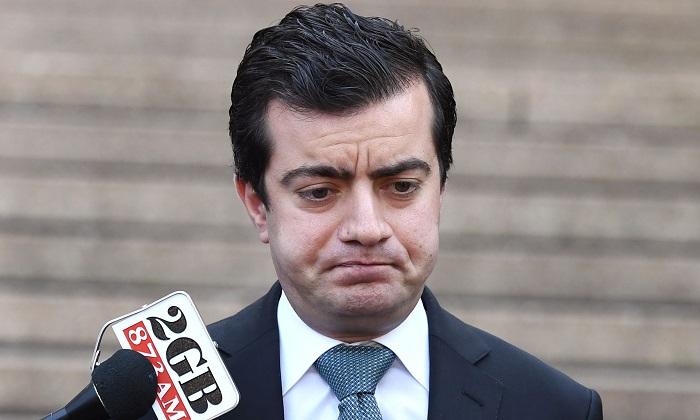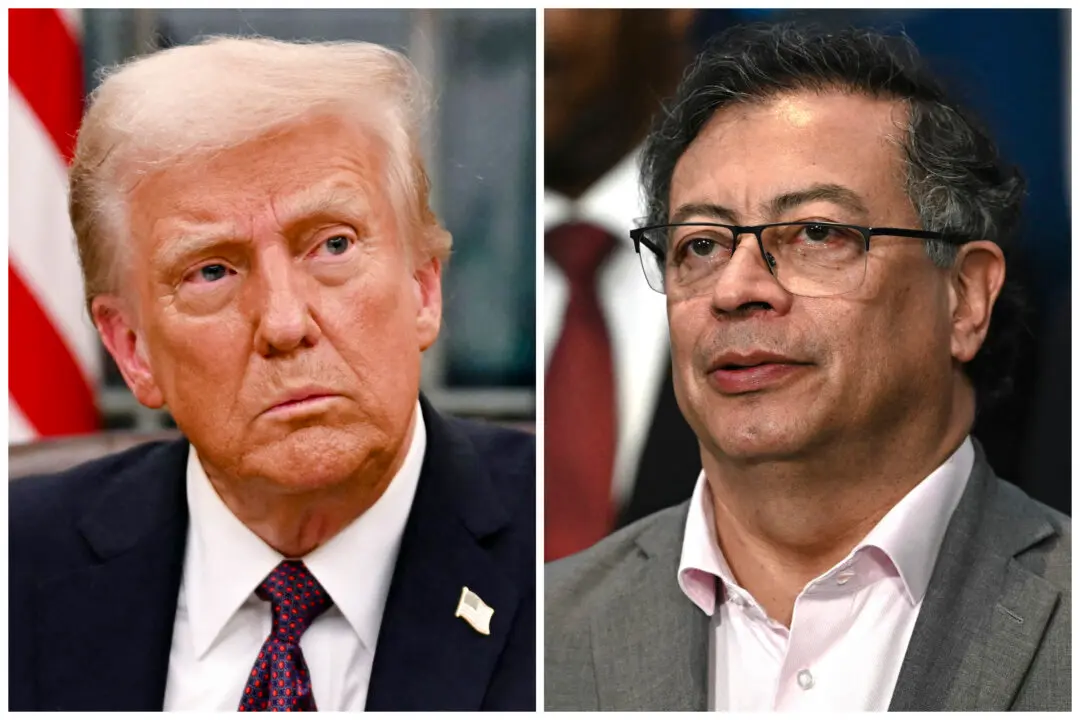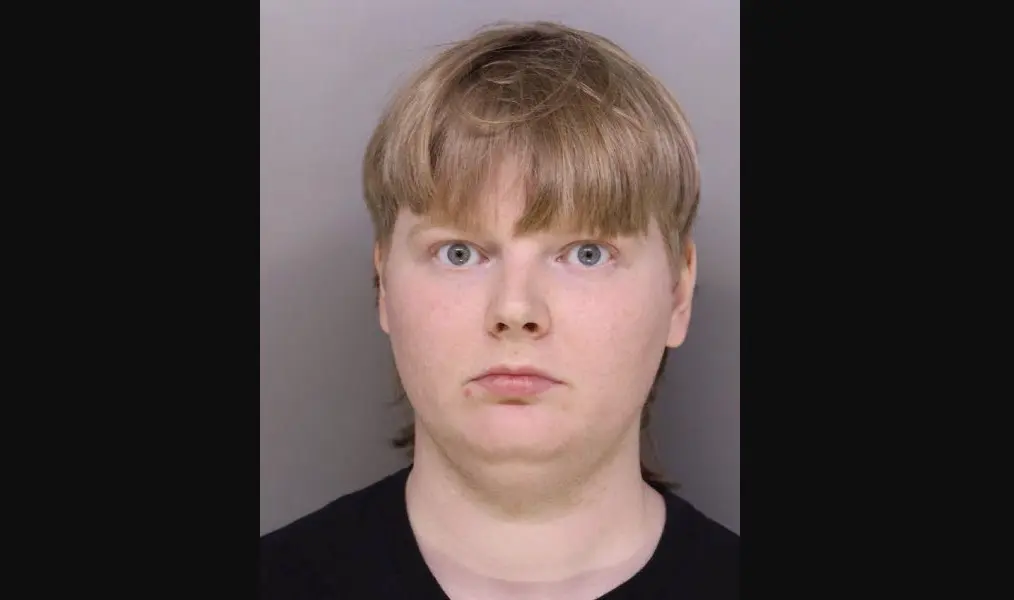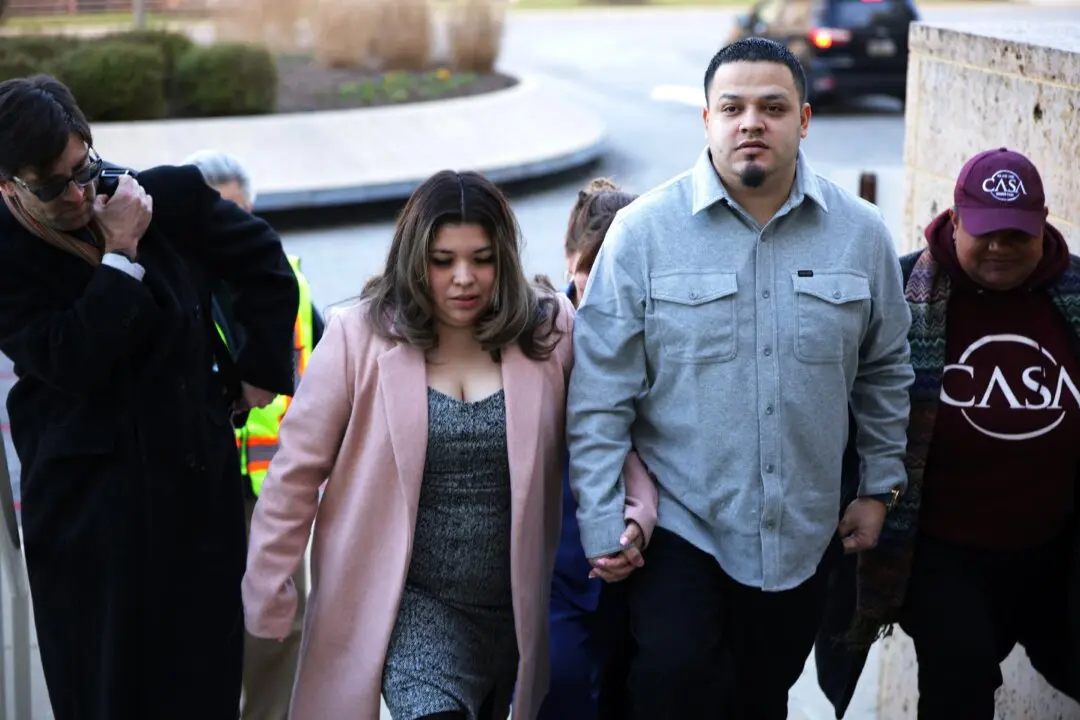As part of a package of laws to protect Australia against covert foreign political interference, a law banning foreign political donations will come into force from Jan. 1, 2019, the office of Senator and Finance Minister Mathias Cormann has confirmed.
The new law was passed by Parliament on Nov. 27 and signed by Governor-General Peter Cosgrove on Dec. 13.





